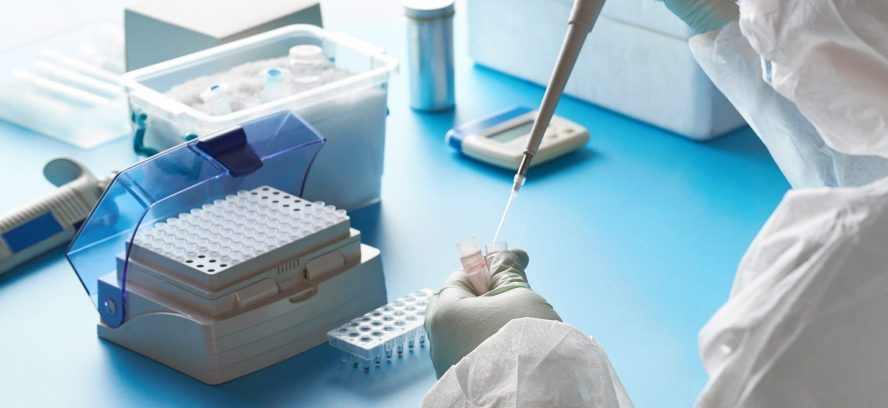COVID-19 mutations foil diagnostic test results: GlobalData
The FDA has mentioned that the change in COVID-19’s genetic sequence has affected diagnostic tests from several providers such as Thermo Fischer, Cepheid, and Mesa Biotech
Following the news that the presence of mutated COVID-19 strains in a patient sample can potentially affect the results of diagnostic tests. James Spencer, Data Scientist at GlobalData, offers his view, “With hundreds of millions of vaccines being rolled out worldwide, everyone can finally breathe a sigh of relief as the end of the COVID-19 pandemic comes into view. However, more things can still go wrong. In recent months, several extremely transmissible mutations of the COVID-19 virus have developed, namely the British and South African variants. These viruses have quickly travelled around the world and are in the process of taking over as the cause of most new cases, replacing the original, less transmissible form of COVID-19.
“Mutation is a normal part of a virus’ life cycle. In fact, COVID-19 is a descendent of the previous severe acute respiratory syndrome (SARS) pandemic from several years ago, although that was hardly as well spread. The issue here is that as viruses mutate, they pick up additional traits. In this case, some are developing ways around our first line of defense, diagnostic tests.
“The FDA has mentioned that the change in COVID-19’s genetic sequence has affected diagnostic tests from several providers such as Thermo Fischer, Cepheid, and Mesa Biotech. Although the change in detection rate is not high, it may result in thousands of ‘invisible’ COVID-19 cases that could go untreated and spread in the community.
“Due to the inherently genetically unstable nature of viruses, as well as the gigantic exposure the virus has gotten, COVID-19 has had a unique chance to mutate freely and evolve past its barriers. Some experts are concerned that due to the ever-increasing genetic diversity of COVID-19, variants will appear that will be immune to the vaccines. This would be ruinous for the morale and health of the world, as it would send us back to where we were at the beginning of the pandemic.”
- Advertisement -


